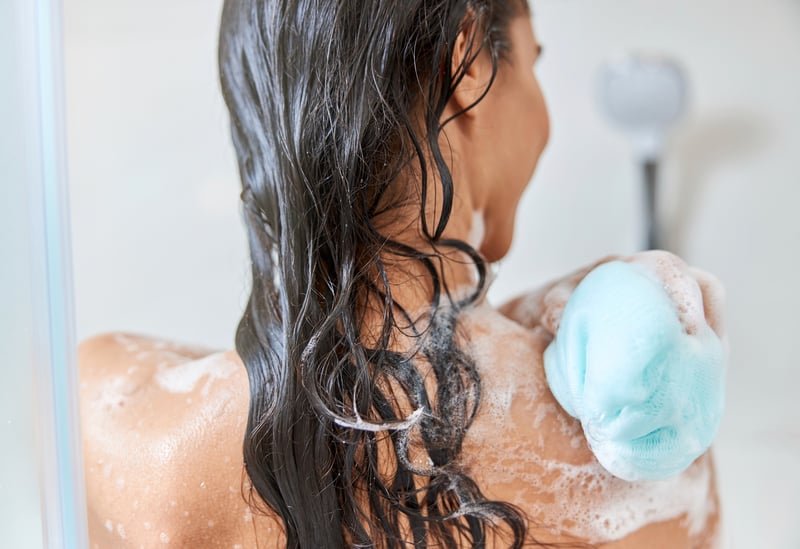Get Healthy!

- Cara Murez
- Posted October 2, 2023
Germs Love Two Skin 'Hot Spots' on Your Body
Grandma knew it all along: Certain places on the body are "hot spots" for unhealthy microbes.
That notion -- which the authors of a new study dubbed "the grandma hypothesis,"after grandma's admonitions to clean behind the ears -- was tested by students in a genomics course at George Washington (GW) University in Washington, D.C.
The investigators proved what grandma knew all along: Skin behind the ears and between the toes can harbor unhealthy microbes.
The collection of microbes living on and in the body is known the microbiome. It has a role in human health. The skin's microbiome varies across dry, moist and oily areas.
So students set out to test the hypothesis.
Keith Crandall, director of the Computational Biology Institute at GW, recalled his own grandmother always telling the kids in his family to "scrub behind the ears, between the toes and in the belly button."
Crandall thought these hot spots were normally washed less often compared to the skin on the arms or legs and might harbor different types of bacteria.
Together with Marcos Pérez-Losada, an associate professor of biostatistics and bioinformatics, he designed this genomics course.
In it, 129 graduate and undergraduate students were taught to collect their own data by swabbing certain moist and oily hot spots, behind the ears, between the toes and in the naval. They swabbed calves and forearms as control areas.
The students then learned how to extract and sequence the DNA in the skin samples, finding that areas cleaned more frequently (such as forearms and calves) had a greater diversity and thus potentially a healthier collection of microbes compared to the samples taken from the so-called hot spots.
Certain microbes can take over the microbiome and cause unhealthy conditions, such as eczema or acne, Crandall said in a university news release.
The students' results suggested that cleaning habits can change the microbes living on your skin and, as a result, its health status, Crandall said.
This and earlier research by the same team may provide a reference point for future research. Crandall said the study of how the skin microbes lead to health or disease is in the early stages.
The study findings were recently published in the journal Frontiers in Microbiology.
More information
The U.S. National Human Genome Research Institute has more on the microbiome.
SOURCE: George Washington University, news release, Sept. 28, 2023






